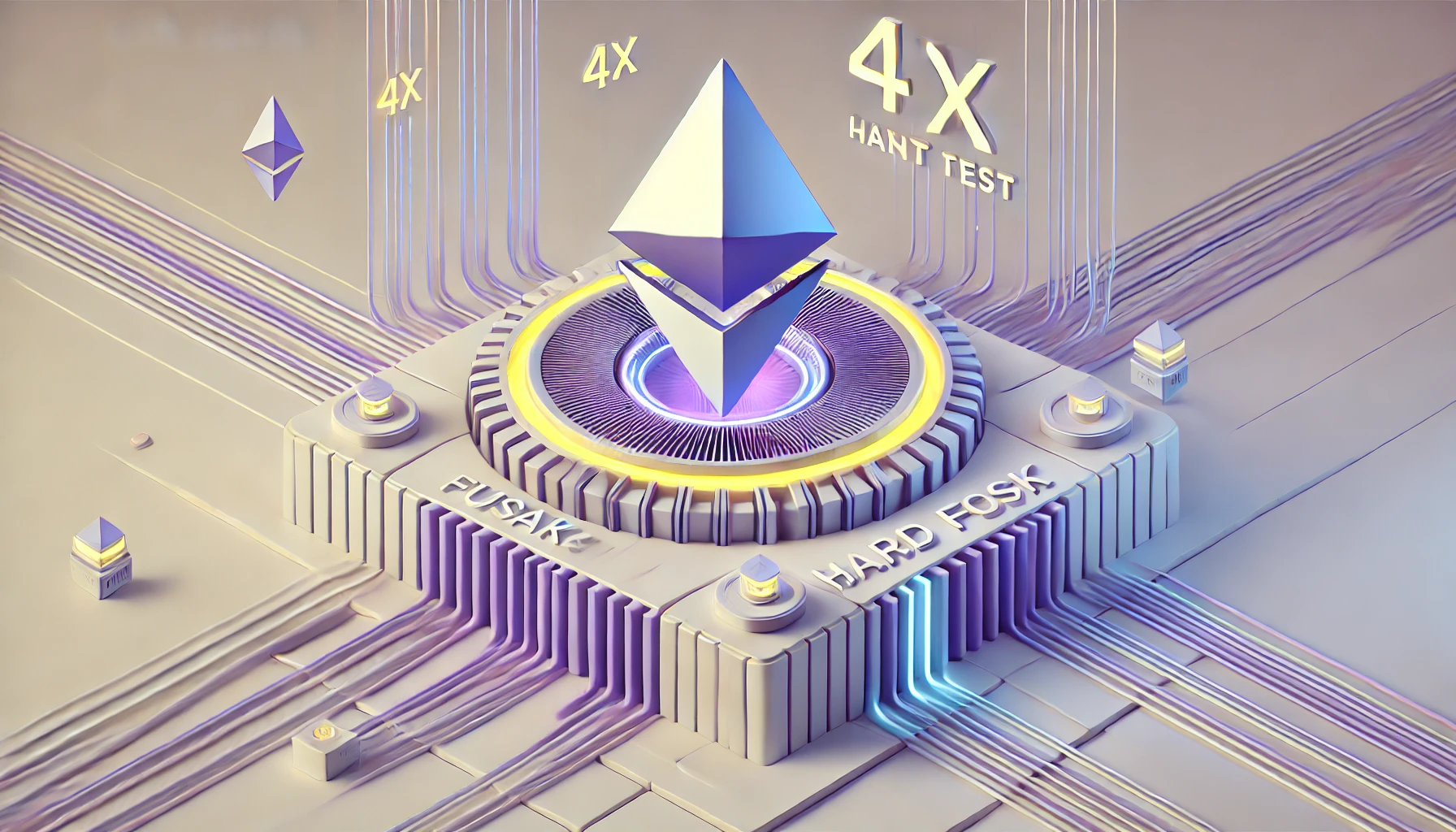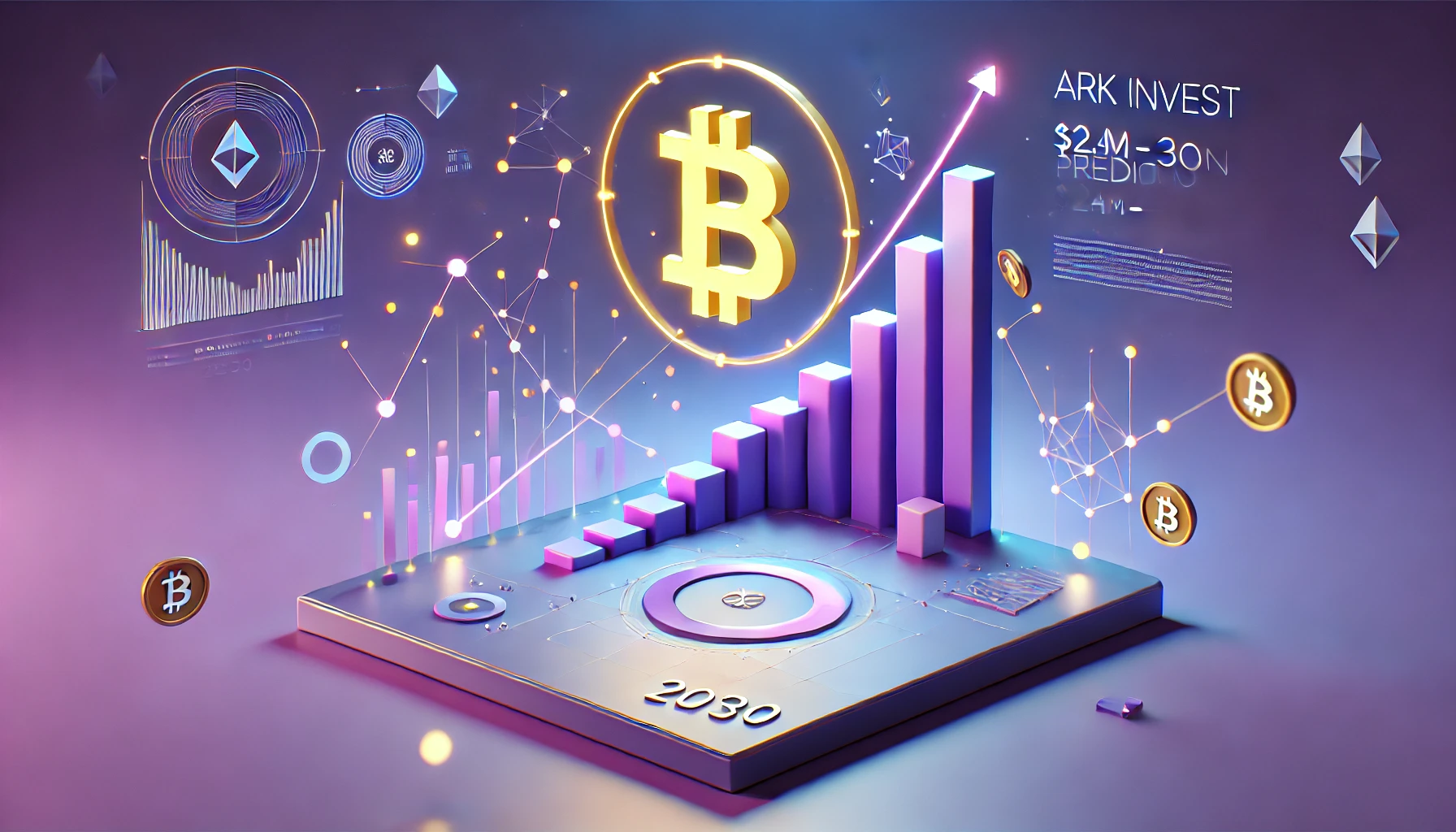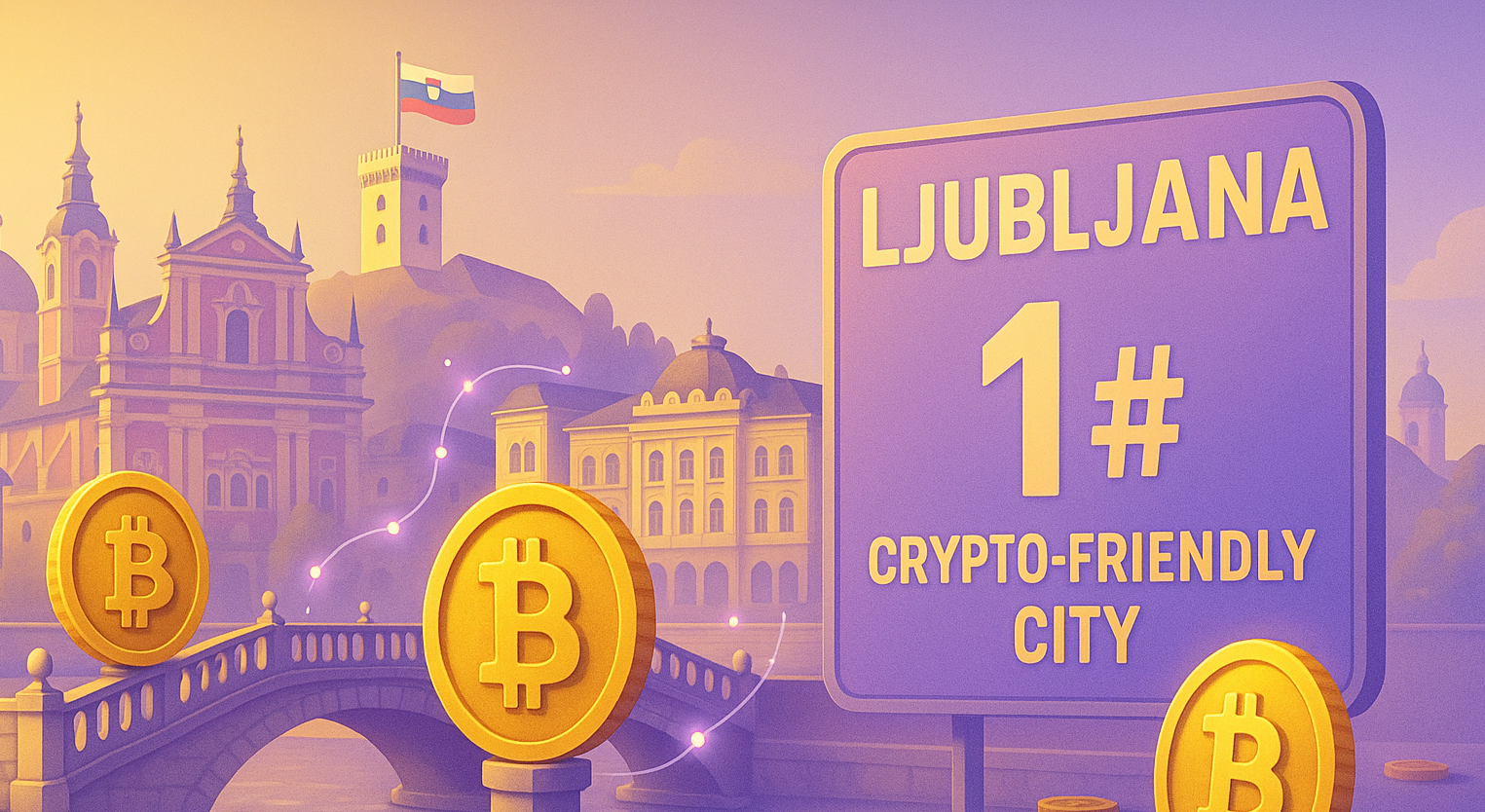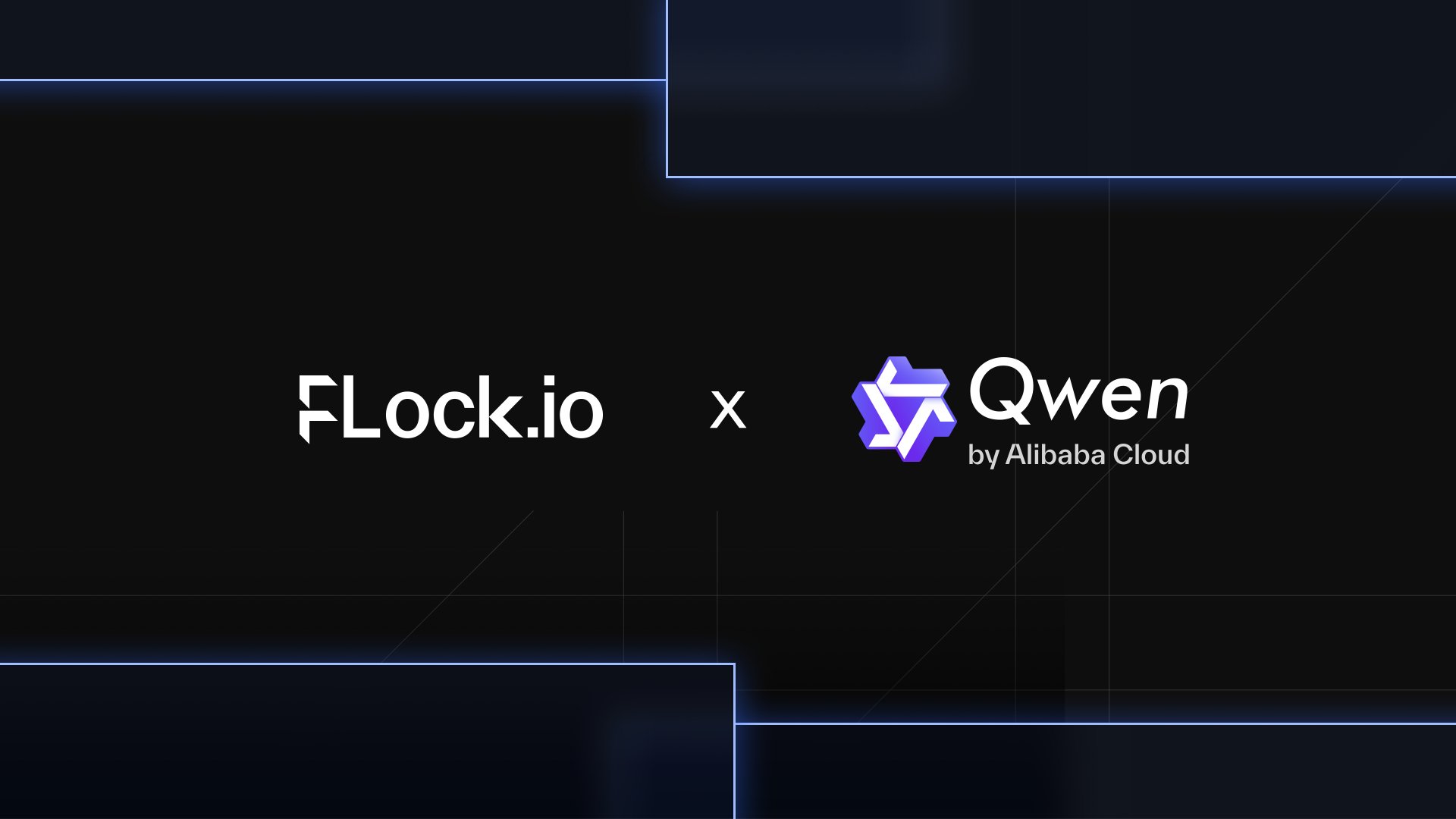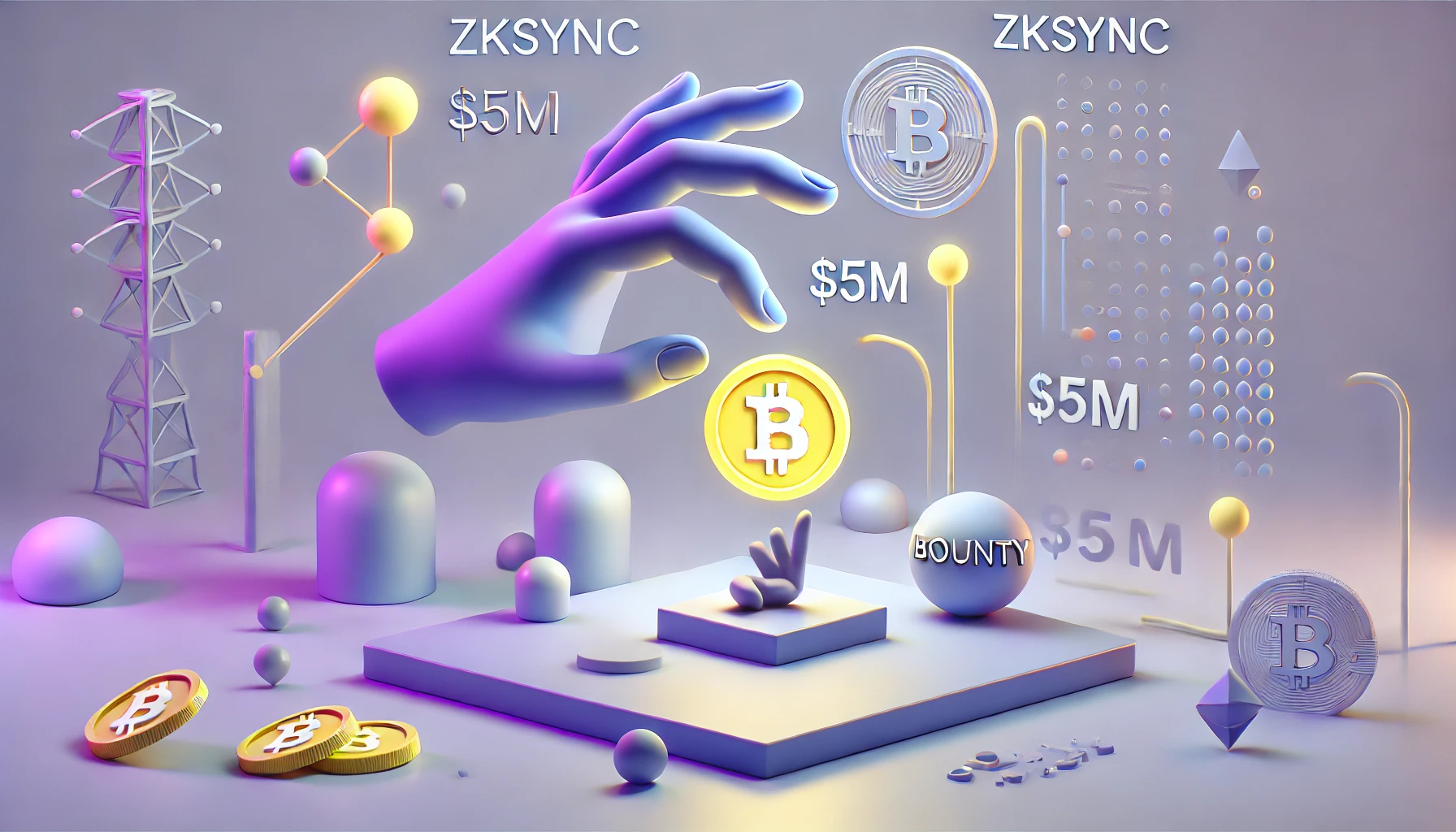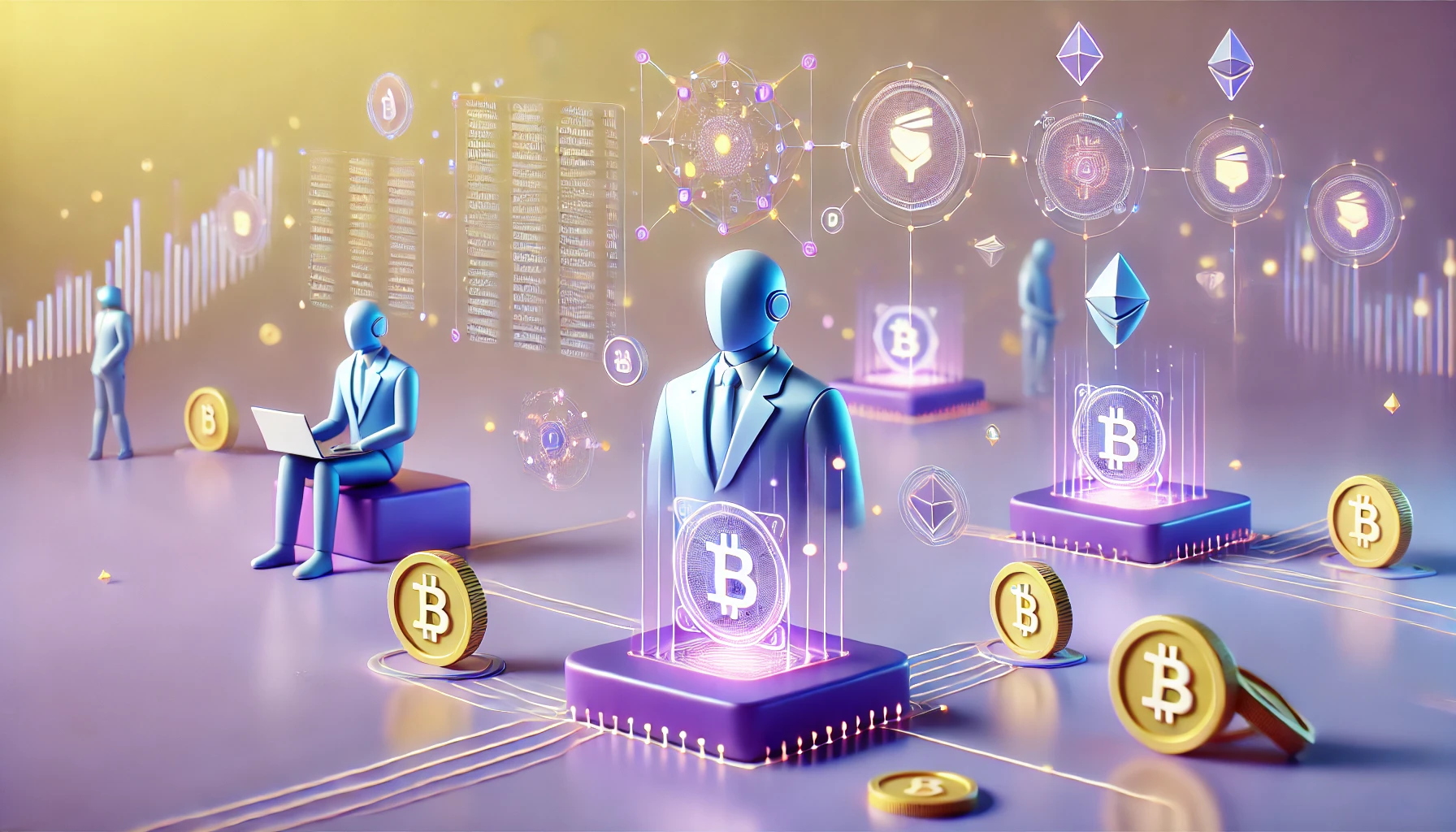While artificial intelligence has reached a decisive milestone with the popularization of chatbots, blockchain technology seems poised to experience a similar turning point in 2025. A rapidly structuring ecosystem, growing institutional adoption, and an explosion of use cases could make it the essential infrastructure of tomorrow.
A rise in financial uses
- Stablecoins are gaining ground: The use of digital currencies pegged to stablecoins continues to grow. Increasingly integrated into everyday payments and corporate treasury operations, they could quickly become an essential link in modern financial systems.
- Tokenized investment funds on the rise: The arrival of new blockchain-based financial products, such as crypto ETFs, has radically changed market dynamics. These tools facilitate access to digital assets and contribute to their legitimacy among institutional investors.
Infrastructures in the midst of transformation
- Tokenization is gaining ground: From bonds to private fund shares, representing assets in token form is becoming a strategy increasingly adopted by large institutions. It promises better traceability, cost reductions, and increased process automation.
- Major banks are going on the offensive: Banking giants are accelerating the development of internal blockchain platforms and digital asset custody services. This movement illustrates a clear desire to adapt to a new financial paradigm, combining technological innovation and regulatory requirements.
Analysis: Towards AI-like adoption?
The signs are green for blockchain to experience its “ChatGPT moment”: a rapid shift towards mass adoption. The foundations are in place, both in terms of technology, regulation, and usage. However, this trajectory is not without risks. Legal uncertainty, cybersecurity, and the volatility of cryptoassets remain major areas of concern.
Conclusion
If the promises are kept, 2025 could well be the year when blockchain ceases to be perceived as a niche technology and becomes a central infrastructure of digital economies. Like the rise of artificial intelligence, this turning point could permanently redefine our relationship with finance, ownership, and digital trust.






